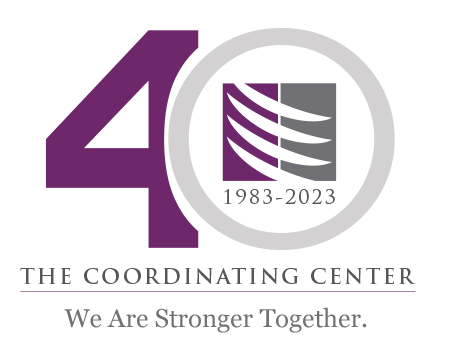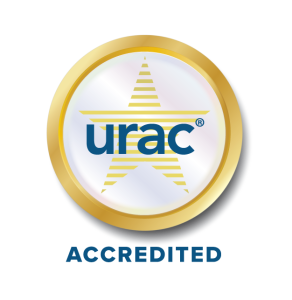Individuals & Families
The Coordinating Center provides comprehensive, person-centered care coordination together with people of all ages and abilities to achieve their aspirations for independence, health and meaningful community life.
Our Team excels at:
- Developing and sustaining relationships with individuals and families
- Understanding and addressing aspirations and goals
- Building support networks that begin with the individual
- Coordinating community resources
- Negotiating eligibility and access to essential programs and services
- Respecting families` cultural backgrounds, languages and expectations
Health Care Systems: Hospitals, Physicians and Managed Care Organizations
The Coordinating Center works with hospitals, physician practices and managed care organizations to deliver customized care coordination and coaching models for high risk and at-risk populations. Our team has significant experience moving individuals from one healthcare setting to another assisting with planning, logistical coordination, advocacy, identification of person goals and motivators, as well as education. Much of our work is focused on the goal of reducing unnecessary health service utilization (emergency room, observation and inpatient), and addressing the social determinants of health. Using evidence-based care interventions we are meeting the goals of the Triple Aim: improving the health of populations, enhancing the experience and outcomes of the individual, and reducing per capita cost of care for the benefit of communities.
Our Team excels at:
- Serving people in the community who have extraordinary health, social and disability concerns
- Reducing costs through appropriate planning
- Avoiding unnecessary hospitalizations and rehospitalizations
- Sustaining people in their homes
- Giving people the information and skills they need to actively participate in their care
- Using innovative technology to improve population health
- Building strong relationships with the insurer, as well as partnerships with the individual and family caregivers, primary care and specialty physicians.
Long-term Services and Supports: Medicaid and Medicare
The Coordinating Center is well known for its work in care coordination in the long-term care Medicaid and Medicare and health insurance arenas. We coordinate long-term services and supports with people with disabilities and older adults, who live in the community and want to remain in the community or are living in a Maryland nursing facility and want to move to homes in the community.
Our Team Excels at:
- Locating and securing affordable housing and housing supports
- Assisting with transition from nursing home to a home in the community
- Coordinating a myriad of services for successful inclusion in the community
- Ensuring clear, frequent and timely communication with and among the medical home team and supporting medical appointments
- Supporting people’s personal choices
Government & Policy Makers
For more than three decades, The Coordinating Center has translated national movements into ground-level community-based programs including community-based long-term services and supports and disability services, transitions of care, hospital readmission reduction, Medicaid rebalancing initiatives, aging in place and addressing homelessness.
The Center is known for serving on national, regional and local initiatives that address disabilities, care coordination, transition of care, older adults and affordable housing and advocating for policy and system change that positively affects the lives of people with the most complex medical and social needs.
Community Organizations and Providers
From the outset of The Coordinating Center`s founding, the organization has recognized the importance of the commitment of community providers to the success of plans developed by and for people with special needs. Providers include
- Primary care physicians and specialty physicians
- Nursing agencies and home health equipment companies
- Therapists, dentists, and nutritionists
- Rehabilitation professionals and in home teachers
- Pharmacies and transportation providers
- Grass roots providers, such as food banks, churches and social opportunities
- Other mission driven nonprofits









